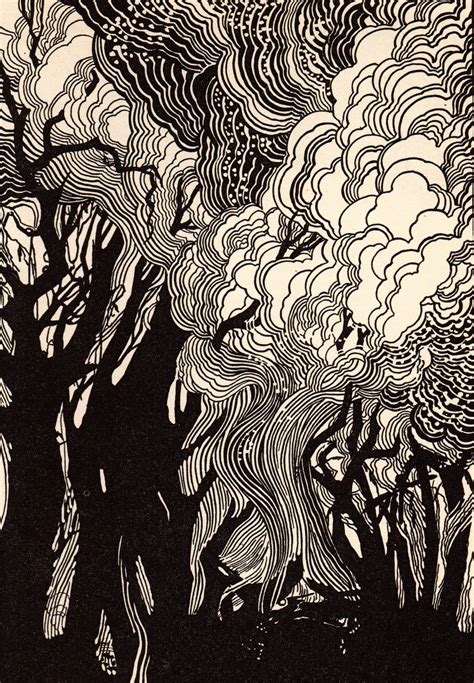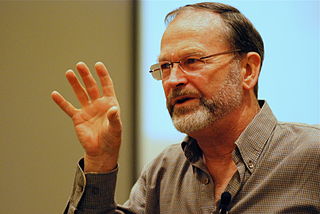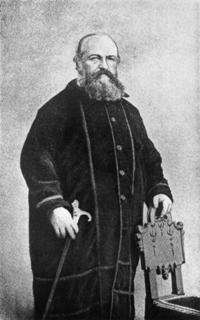A Quote by Lawrence Reed
Monetary reform, if it is to be genuine and successful, must sever money and banking from politics. That's why a modern gold standard must have: no central bank; no fixed rations between gold and silver; no bail-outs; no suspension of gold payments or other bank frauds; no monetization of debt; and no inflation of the money supply, all of which have proved so disastrous in the past.
Related Quotes
When you own gold you're fighting every central bank in the world. That's because gold is a currency that competes with government currencies and has a powerful influence on interest rates and the price of government bonds. And that's why central banks long have tried to suppress the price of gold. Gold is the ticket out of the central banking system, the escape from coercive central bank and government power.
My treasure chest is filled with gold.
Gold . . . gold . . . gold . . .
Vagabond's gold and drifter's gold . . .
Worthless, priceless, dreamer's gold . . .
Gold of the sunset . . . gold of the dawn . . .Gold of the showertrees on my lawn . . .
Poet's gold and artist's gold . . .
Gold that can not be bought or sold -
Gold.
It is a sobering fact that the prominence of central banks in this century has coincided with a general tendency towards more inflation, not less. [I]f the overriding objective is price stability, we did better with the nineteenth-century gold standard and passive central banks, with currency boards, or even with 'free banking.' The truly unique power of a central bank, after all, is the power to create money, and ultimately the power to create is the power to destroy.
So: if the chronic inflation undergone by Americans, and in almost every other country, is caused by the continuing creation of new money, and if in each country its governmental "Central Bank" (in the United States, the Federal Reserve) is the sole monopoly source and creator of all money, who then is responsible for the blight of inflation? Who except the very institution that is solely empowered to create money, that is, the Fed (and the Bank of England, and the Bank of Italy, and other central banks) itself?
The abandonment of the gold standard made it possible for the welfare statists to use the banking system as a means to an unlimited expansion of credit. In the absence of the gold standard, there is no way to protect savings from confiscation through inflation. There is no safe store of value. Deficit spending is simply a scheme for the hidden confiscation of wealth. Gold stands in the way of this insidious process. It stands as a protector of property rights. If one grasps this, one has no difficulty in understanding the statists' antagonism toward the gold standard.
Gold is not less but more rational than paper money. Money holds value so long as it is in limited supply; gold will always be in limited supply, and would require real resources to produce even from the sea; paper and printing ink are not in limited supply. The gold system is much closer to a modern automatic scientific control system than the crude and relatively unstable system of paper.
If government manages to establish paper tickets or bank credit as money, as equivalent to gold grams or ounces, then the government, as dominant money-supplier, becomes free to create money costlessly and at will. As a result, this 'inflation' of the money supply destroys the value of the dollar or pound, drives up prices, cripples economic calculation, and hobbles and seriously damages the workings of the market economy.
Repeal the entire Banking Act of 1933, and Austrian School economists will cheer, especially if the current system were replaced by a 100%-reserve competitive banking with no central bank. That banking reform would give us a sound money system, meaning no more business cycle, bailouts, or inflation.
The problem right now is that central banks have not normalized their balance sheet since 2009. They're trying, but it's not even close. If we had another crisis tomorrow, and you had to do QE4 and QE5, how could you do that when you're already at $4 trillion? They might have to turn to the IMF or SDR or to Gold. Then, if you go back to the gold standard, you have to get the price right. People say there's not enough gold to support a gold standard. That's nonsense. There's always enough gold, it's just a question of price.
Back in 1960, the paper dollar and the silver dollar both were the same value. They circulated next to each other. Today? The paper dollar has lost 95% of its value, while the silver dollar is worth $34, and produced a 2-3 times rise in real value. Since we left the gold standard in 1971, both gold and silver have become superior inflation hedges.
To get rich, one must have but a single idea, one fixed, hard, immutable thought: the desire to make a heap of gold. And in order to increase this heap of gold, one must be inflexible, a usurer, thief, extortionist, and murderer! And one must especially mistreat the small and the weak! And when this mountain of gold has been amassed, one can climb up on it, and from up on the summit, a smile on one's lips, one can contemplate the valley of poor wretches that one has created.




























